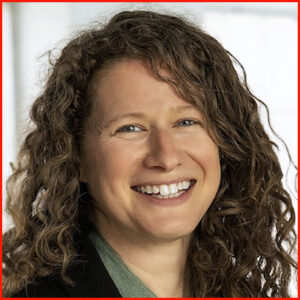Navigating Dissonance: How to handle multiple perspectives
Language: English
Session: The growing polarization of our ideologies and beliefs makes it very difficult to include multiple perspectives. It is easier to pick sides and defend one’s side. In the recent events of Oct.7th and its aftermath, these divisions have grown even stronger and bolder, making it very difficult to include different perspectives in one dialogue. In my research as a PhD at CBS, I claim that this arises because people do not want to engage in dissonance. Dissonance is the way a new perspective conflicts with one’s own way to see the world. Dissonance is an unpleasant state, which many people want to avoid, and therefore either ignore or reject new perspectives or they defend their positions. My research project experiments with purposefully extending dissonance for business students at CBS and observing their reactions and learning processes. For many students, allowing dissonance to exist is the doorway towards self-reflection and questioning of assumptions. For some, it paves the way towards a transformative learning experience, untraditional for the business classroom.
In this workshop, I can talk about this class, and from there we can have a discussion about the benefits (and risks) of engaging in dissonance.
Bio: Tali is a facilitator in an Israeli Democracy Education method called Betzavta. She worked for the Anne Frank Trust in England and the Anne Frank House in Amsterdam, delivering workshops and trainings about the Holocaust and how we can reflect and act on discrimination today. Now Director of Mellem Education, Tali Padan delivers trainings across Europe and the US in the fields of intercultural communication, conflict management and democracy and human rights education, as well as working on a PhD at CBS in the field of management learning.
